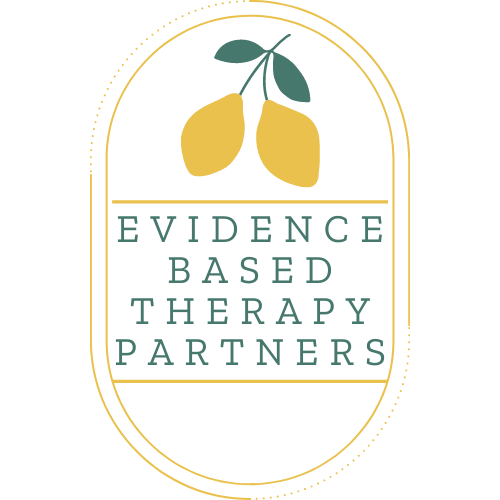
“If we can accept as true that life circumstances are not the keys to happiness, we’ll be greatly empowered to pursue happiness for ourselves.”
—Sonja Lyubomirsky
Depression
What is Depression?
Depression is an illness triggered by loss, life stressors, or changes in the rewards in one’s life. A depressive episode is a period of time of at least two weeks when one experiences either depressed mood or the inability to enjoy things one used to enjoy, as well as additional symptoms, most of the day, nearly every day. Depressive symptoms include changes in sleeping, appetite, weight gain or loss, lethargy and fatigue, difficulty concentrating, changes in how one views oneself such as excessive guilt or worthlessness, and thoughts of death and dying. Depressive episodes typically last several months. Persistent depressive disorder is the consistent experience of many depressive symptoms, more days than not, over at least two years.
You’re Not Alone
Experiencing a depressive episode is common:
1 in 6 men
1 in 4 women
will experience a depressive episode during the course of their lives.
(Burcusa & Iacono, 2007)
Onset of a first depressive episode increases markedly from puberty until the twenties.
With each depressive episode, the likelihood of future recurrence increases.
Depression is likely caused by multiple factors
-
Biochemical & Epigenetic Factors
Biochemical causes include genetic predisposition as well as current brain chemistry.
-
Interpersonal Factors
Conflicts and losses in interpersonal relationships can also cause depression, as can increased stress and decreases in positive, enjoyable experiences.
-
Cognitive Factors
Dysfunctional patterns of thought, such as negative thoughts about yourself, others and the future, are often related to depression.
Depression In Adolescents
Sadness is a normal emotion for children and adolescents, who have less control over their lives, are experiencing many life events for the first time, and undergoing dramatic hormonal changes.
When children become depressed, their symptoms can differ somewhat from adults. Children may present with:
More Irritability
Complaints of Boredom
Low Motivation
Become Withdrawn
Pull Away from Parents
Communicating with More Hostility or Irritation
Although this may sound similar to normative changes in adolescence such as increased moodiness and distance from parents, a child may be depressed when these symptoms are persistent, lasting most of the day for several weeks, and significantly impair their participation in meaningful activities.
How is Depression is Treated?
Many theories and research approaches have identified that depression operates like a loop – where life events can lead one to feel depressed, and depression can make those same things worse.
When someone encounters losses or hardships, they may feel down or have low motivation, which leads to withdrawal, inactivity, and ruminating about one’s problems. Tendencies to personalize negative events, repeatedly labeling oneself as worthless, or predicting future failure, can function to keep one stuck.
This cycle then feeds back into itself, which is part of why depression is so hard to overcome on one’s own.
The good news is that there are several highly effective, evidence-based treatment approaches to depression.
Cognitive Behavioral Therapy & Acceptance and Commitment Therapy have been shown to be highly effective at helping people find a way out of depressive episodes. Treatment is tailored to the each person’s unique presentation of depression.
If you believe you may benefit from this treatment, please don’t hesitate to reach out and make an appointment.
“If you wanna fly, you got to give up the shit that weighs you down.”
—Toni Morrison, Song of Solomon


